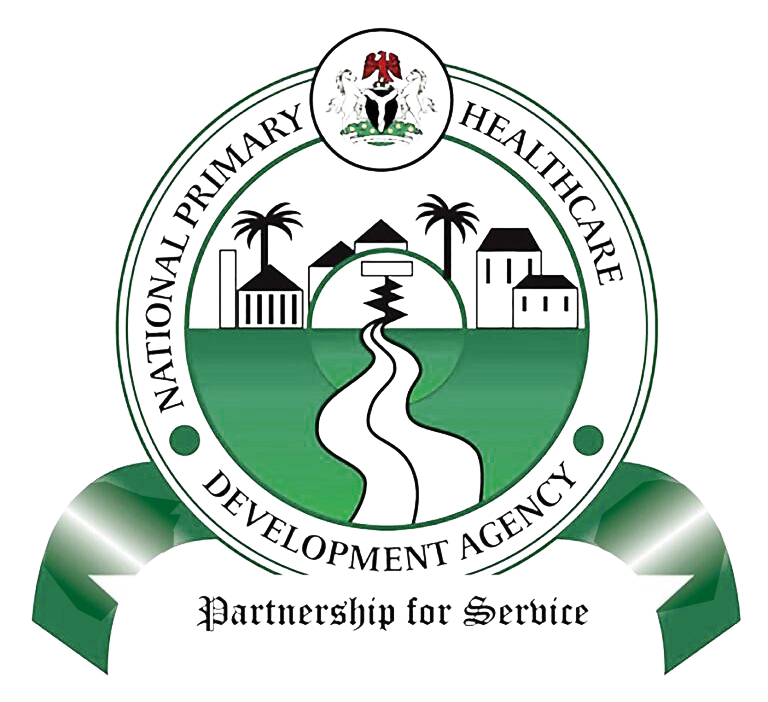- Home
- CBHWs
Innovative strategies for community health programming are needed to ensure access to essential healthcare services for the Nigerian population, emphasizing equitable access and coverage of high-impact community interventions. These strategies must take into context and improve on the challenges of previous community health programs while ensuring there is co-creation with sub-national levels to ensure program ownership.
The re-designed community-based health program is set to achieve 3 key objectives that would improve healthcare at the community level
The re-designed CBHWs has adopted a blended CBHW model comprising a mix of formally trained, certified and regulated Junior community health Extension Workers (JCHEWs) and informal Auxiliary community health workers recruited from the communities they will work in.
The program will be implemented along 12 dimensions for maximum impact (roles, profiles and responsibilities, governance, financing, supervision, supplies and tools, data collection & use, community involvement, remuneration and incentives, training, accreditation, recruitment and placement, and career advancement) across three domains (Strategic, operational and workforce development).
The priority areas for service delivery include Reproductive Health, Maternal Health, Newborn Health, Child Health, Adolescent Health, Other Household Services, Community-Based Surveillance and Community mobilization. These packages will be delivered according to the already defined scope of work of each category of community-based health workers.
The Supervision process would involve cascading and peer technical oversight by health workers with linkages to facilities and community-based non-technical supervision and oversight by community members.
About 70,000 CBHWs would be recruited, trained and deployed in the next 5 years at a coverage of 1:250 CBHWs/household serving a population of about 160million people (100% rural and 50% urban population are the target for community care)
